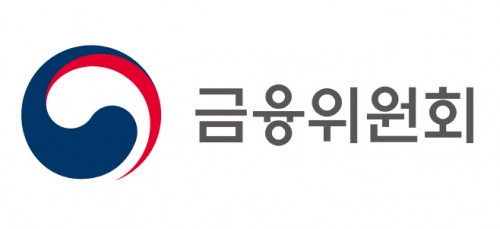 |
AsiaToday reporter Lee Joo-hyung
South Korea’s financial authorities are expected to toughen up rules for the current debt service ratios, or DSR, as part of its effort to tame runaway household debt. While it has loosened control on extension of “jeonse” loans for people who actually need to borrow to rent a home to live in, the authorities are expected to maintain their stance of strengthening household debt control.
According to the financial industry on Sunday, the policymaking Financial Services Commission (FSC) is planning to unveil a set of measures Tuesday aimed at controlling household debt, with a focus on the current DSR – the maximum amount of credit loans allowed for individuals compared to their disposable income. The additional measures reportedly include a plan to raise banks’ repayment ratio on borrowers so that principal repayment is made from the beginning.
Previously, FSC Chairman Koh Seung-beom had said the most important thing is to “strengthen the review of repayment capability of borrowers.” He said the upcoming measures would include speeding up the schedule for the introduction of the toughened regulations on mortgage loans through the DSR, controlling household debt from non-banking financial sectors, and strengthening the qualitative aspect of household debt control.
If stricter DSR rule is applied, the loan limit will be reduced. Unlike the loan-to-value (LTV) ratio restrictions that calculate only the mortgage loan limit, the DSR restrictions will include the repayment of principal and interest on all financial institutions.
Since last July, banks and non-banks have applied a 40-percent and 60-percent DSR ratio, respectively, for the purchase of homes valued at 600 million won or more in speculation-prone regions as well as for credit loans exceeding 100 million won.
The financial regulator is expected to apply the rule to borrowers who have an outstanding loan worth more than 200 million won from July next year and the rule will be applied to borrowers who have an outstanding loan worth more than 100 million won from a year later. The financial regulator is likely to speed up the schedule for the introduction of the rules when it unveils additional measures Tuesday.
As a result, the loanable amount is significantly reduced mainly for low-incomers rather than high-income earners. In the case of credit loans, it will become difficult for even high-incomers to borrow.
The 40-percent DSR ratio, which is applied to banks, is expected to be applied to the second financial sector as well. However, the regulator is unlikely to apply the DSR ratio on loans for home rentals amid growing complaints that the recently toughened loan regulations have made it hard for renters to borrow money.
Instead, lending standards are expected to be stricter. Borrowers are expected to borrow money from commercial banks only as much as the home rental price has risen, and the single-home owners must pass the review of banks in order to apply for a loan.
#Financial Services Commission #DSR
Copyright by Asiatoday
Most Read
-
1
-
2
-
3
-
4
-
5
-
6
-
7





















